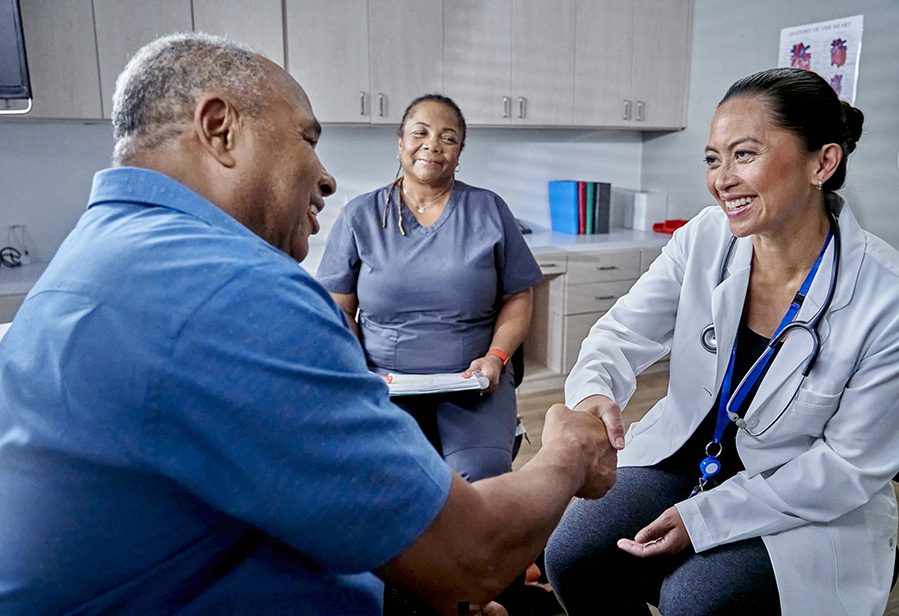It’s August: Have you had your shots?
August is “Immunization Awareness Month,” and it’s a good time to get up to date on vaccinations for both children and adults. It can take weeks for vaccines to kick in, which is why this is a great time to get vaccinated – BEFORE cold and flu season and BEFORE kids go back to school where they are exposed to all kinds of germs.

What can vaccines protect you from?
Many diseases that once crippled and killed Americans have by and large been eradicated by modern vaccines. However, influenza, measles, mumps, chicken pox and more grownup diseases like hepatitis A and B and shingles are still out there, and therefore adults need protection as well as children. Not to mention teens and young adults who can benefit from vaccines for human papillomavirus (HPV) and meningitis.
Why should you get vaccinated?
The National Foundation for Infectious Diseases (NFID) has published a list of 10 reasons to get vaccinated, and here are a few:
- Being up to date on your vaccines is as important to your health as diet and exercise.
- Vaccines are safe and will not cause the diseases they are designed to prevent.
- Even young healthy people can get sick without vaccines.
- Vaccines can be the difference between life and death.
- If you get sick, you’re endangering your children, grandchildren, parents, and co-workers.
Diseases preventable by vaccines cost society upwards of $10 billion a year. The NFID says that the average case of the flu can last up to 15 days, causing five or six missed school or work days.
How safe is it?
We put children in car seats, we use seatbelts, we wear bicycle helmets, we bundle up when it’s cold outside – and getting vaccinated is just another common-sense way to stay healthy and safe.
Before a vaccine is released to the public, the FDA conducts rigorous laboratory testing to make sure it is safe and effective before it becomes licensed. Once a vaccine is licensed, the FDA, CDC, National Institutes of Health (NIH) and other federal agencies conduct ongoing follow-up studies to ensure safety.
Not just for kids
According to the CDC, one in three people will develop shingles in their lifetime, and the risk increases as you get older. That’s why they recommend healthy adults over 50 get the shingles vaccine.
More than 60% of all people hospitalized with seasonal influenza (flu) are over 65, which is why the CDC recommends a flu shot for older Americans.
As we get older, it’s also important to be protected against tetanus, diphtheria, and pertussis (whooping cough) with a Td or Tdap vaccine.
Pneumonia is a leading cause of death among seniors, which is why the CDC recommends the pneumococcal polysaccharide vaccine (PPSV23) for adults over 65 years old. Additionally, they also suggest that seniors talk to their provider about getting extra protection from the pneumococcal conjugate vaccine (PCV13).
If you want to dive deeper, the CDC has a quick self-assessment survey you can take online to determine which vaccines you need.
COVID-19: What we know
- According to the CDC, getting vaccinated can prevent you from getting COVID-19 and from getting seriously ill if you do get it.
- It takes two weeks for your body to produce antibodies against COVID-19, and you’re considered “fully vaccinated” two weeks after your second dose.
- As more people become fully vaccinated, it becomes harder for the disease to spread, which protects everyone – even newborns and people who are allergic to the vaccine.
So talk to your provider to make sure the vaccine works for you, and then get vaccinated to protect yourself and others!
*This article is for informational purposes only and is not intended to be a substitute for medical advice or diagnosis from a physician or qualified healthcare professional.





